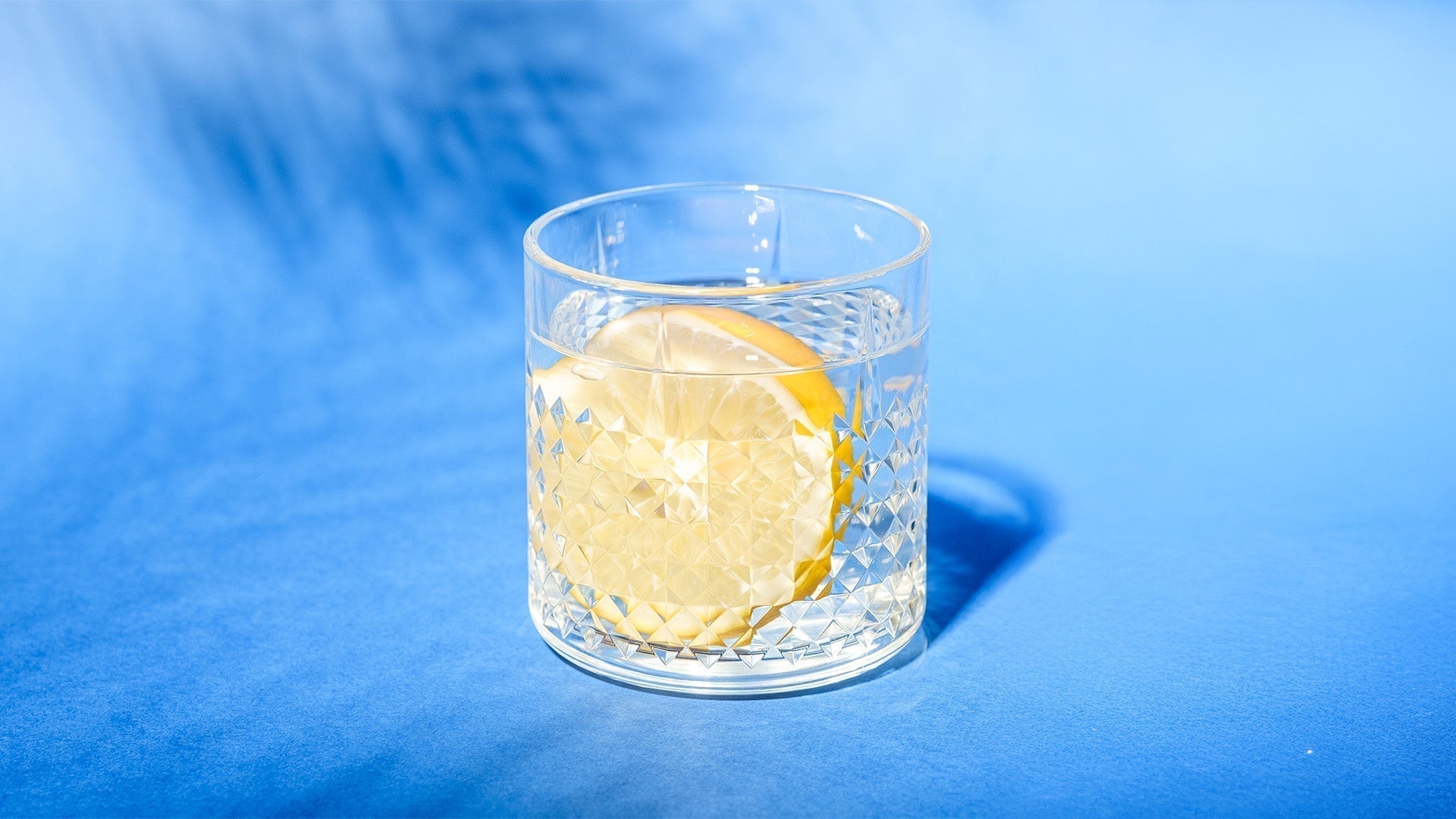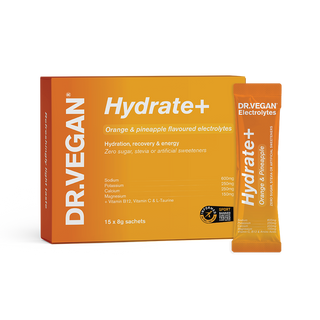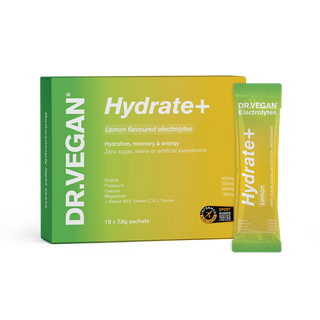Why hydration matters

We often hear about the importance of drinking enough water - but hydration isn’t just about quenching your thirst. Water is essential for virtually every process in the human body. From brain function and energy production to skin glow and digestion, hydration is what keeps your body operating at its best.
Let’s explore why staying hydrated is vital for health, what happens when you don’t drink enough, and how to spot the signs of dehydration before they escalate.
Why hydration is so important
Your body is made up of around 60% water. Every cell, tissue, and organ depends on it. Here’s how hydration powers key systems in your body:
Energy and metabolism |
Water plays a crucial role in converting food into energy. It helps transport nutrients to cells and is involved in nearly every metabolic process. Even mild dehydration can slow down metabolism and leave you feeling sluggish or fatigued. |
Brain health |
Did you know that your brain is about 75% water, and even a small drop in hydration can affect focus, memory, and mood. Research shows that dehydration as mild as 1-2% can impair cognitive performance, reduce alertness, and increase feelings of anxiety or irritability. Discover foods and vitamins to improve your brain health. |
Skin health |
Hydration influences how your skin looks and feels. Without enough water, the skin can appear dull, tight, or flaky and may be more prone to fine lines. Staying well-hydrated helps maintain skin elasticity and supports a healthy complexion. Explore 6 tips for healthy skin. |
Temperature regulation |
Sweating is your body’s natural cooling system. Water helps maintain body temperature by allowing heat to be released through sweat. Dehydration reduces your ability to sweat effectively, putting you at risk of overheating—especially during exercise or in hot environments. |
Digestive health |
Water aids digestion by helping break down food and keeping the digestive tract functioning smoothly. It’s also essential for preventing constipation. Without adequate hydration, the colon draws water from stool, making it harder and more difficult to pass. Find out what your poo says about your health. |
Muscle function |
Muscles are highly dependent on proper hydration. Water helps transport electrolytes like sodium, potassium, and calcium, which are needed for muscle contractions. Dehydration can lead to cramps, weakness, and poor exercise performance. |
Heart health |
Your heart works harder when you’re dehydrated. A lack of water decreases blood volume, which means your heart has to pump harder to deliver oxygen and nutrients. Proper hydration supports healthy blood pressure and circulation. |
Detoxification |
Water is essential for flushing out waste and toxins through urine, sweat, and bowel movements. Without enough water, these systems become sluggish, and your body’s ability to detoxify becomes impaired. |
What happens when you’re dehydrated
Dehydration occurs when you lose more fluids than you take in. It can range from mild to severe, with effects that escalate as dehydration worsens:
Mild dehydration (1–2% fluid loss):
You may feel thirsty, tired, or lightheaded or notice darker urine.
Moderate dehydration (3–5% fluid loss):
Symptoms can include dry mouth, headaches, decreased urine output, irritability, and reduced concentration.
Severe dehydration (5%+ fluid loss):
At this stage, it can cause rapid heartbeat, low blood pressure, confusion, and dizziness and can become life-threatening if not addressed.
Signs of dehydration
Some symptoms are easy to spot, while others are more subtle. Keep an eye out for:
- Thirst
- Fatigue
- Dry mouth or dry skin
- Headaches
- Dark yellow or strong-smelling urine
- Constipation
- Dizziness or lightheadedness
- Muscle cramps
- Poor concentration or irritability
In children and older adults, dehydration can develop more quickly and may not always present with obvious thirst, making regular hydration even more important.
What your urine colour says about your hydration levels

Tips to stay hydrated
Hydration isn’t just about drinking water—it’s about creating habits that keep your fluid levels balanced throughout the day.
- Drink consistently: Aim for 6–8 glasses (around 1.5–2 litres) of fluids daily, adjusting for heat, exercise, and individual needs.
-
Don’t wait until you’re thirsty: Thirst is a late indicator of dehydration. Sip water regularly, especially during hot weather or physical activity.
-
Eat hydrating foods: Fruits and vegetables like cucumber, watermelon, strawberries, and lettuce are rich in water and help boost fluid intake.
-
Balance electrolytes: If you’re sweating a lot—whether from workouts or heat—replenish lost minerals with a hydration formula or foods containing sodium, potassium, and magnesium. Always buy your electrolyte supplements from a reputable supplement brand. Learn how to choose a high-quality electrolyte formula.
-
Track your intake: Use a reusable water bottle or hydration app to monitor how much you’re drinking.
-
Start your day with water: After hours of sleep without fluids, rehydrate first thing in the morning.
- Flavour it up: If plain water isn’t appealing, add slices of lemon, mint, or berries to make it more enjoyable.
In Summary
Hydration is one of the simplest yet most powerful ways to support your health. Every system in your body relies on water—from your brain to your muscles, your digestion to your skin. When hydration drops, your body struggles. The good news? Staying hydrated is easy once you make it a priority. So drink up, eat hydrating foods, and give your body the water it needs to function at its best.
You may be interested in trying our Hydrate+ Electrolytes. Hydrate+ provides the optimal balance of electrolytes, vitamins, minerals and amino acids to deliver everything your body needs for effective hydration, fluid balance, energy, focus, muscle performance, endurance, and recovery. It includes Sodium, Potassium, Magnesium, Calcium, Vitamin B12, Vitamin C, and L-Taurine, with zero sugar, stevia or artificial sweeteners.
View our range of award-winning probiotics, vitamins and supplements.
You may also enjoy reading:


















